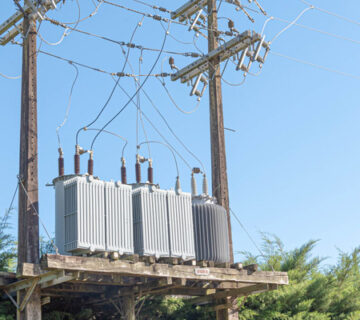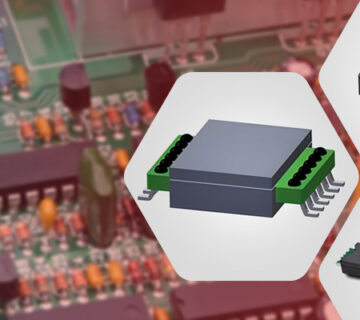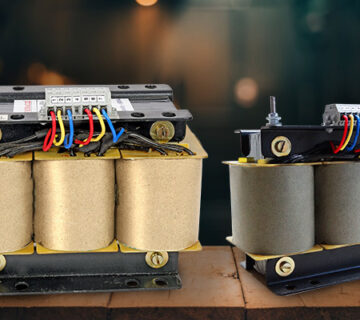As a requirement of a defense procurement contract, a defense offset policy mandates foreign defense contractors or suppliers to make investments in the domestic defense sector of the host nation. However, there are a few requirements that must be met under the Indian Defense Offset Policy for foreign contractors working on defense contracts in India. These commitments are intended to support domestic defense manufacturing, technological transfer, and the development of the Indian defense sector. The main responsibilities of a foreign contractor under Indian Defense Offset are listed below.
Foreign Direct Investment (FDI) and joint ventures
By investing in India through Foreign Direct Investment (FDI) or by forming joint ventures with Indian defense businesses, foreign contractors can complete their offset commitments. This entails domestic defense product production in India.
Local manufacturing: The Indian Defense Offset Policy’s principal goal is to encourage domestic defense production. By making investments in Indian defense manufacturing facilities or forming joint ventures with Indian defense firms, foreign contractors can achieve their offset responsibilities. This makes it possible to produce defense tools, systems, and parts locally.
Technology transfer: The transfer of cutting-edge technology and manufacturing know-how is a common component of joint ventures. This helps local manufacturing while also advancing the technological prowess of Indian defense companies.
Investment in Indian defense companies
To support the production and upkeep of defense goods and services, foreign contractors may invest in Indian defense firms. This investment could involve supplying tools or materials for the manufacturing process.
Building local capabilities: By making investments in Indian defense firms, international contractors provide money for R&D and production. This investment may result in the enlargement and upgrading of manufacturing facilities.
Equipment supply: Foreign contractors can supply specialized machinery and equipment to Indian defense businesses, which can enhance both the efficiency and quality of the production process.
Transfer of Technology (ToT)
Through joint ventures, foreign contractors can provide cutting-edge technology to the Indian defense sector. This improves the capacity of Indian defense contractors, especially small and medium-sized firms (SMEs), in terms of research, design, and development.
Enhancing indigenous expertise: Through ToT contracts, foreign contractors can collaborate with Indian partners to share cutting-edge technology and engineering know-how. This advances the creation of domestic defense capabilities.
Assisting SMEs: In India, small and medium-sized defense businesses frequently don’t have access to cutting-edge technology. ToT agreements can close this gap and make it possible for these SMEs to take part in challenging defense projects.
Provision of equipment and technology to Government establishments
Government organizations engaged in the production and maintenance of defense items may receive equipment and technology from foreign contractors. Collaborations with governmental R&D institutions like the DRDO are among them.
Supporting government initiatives: Supporting the development of cutting-edge defense technology can be greatly aided by working with government organizations like the DRDO. Foreign contractors contribute to government-driven research and development initiatives by offering technology and equipment.
Knowledge exchange: These partnerships can promote knowledge exchange and team research initiatives, encouraging innovation in defense technologies.
Technology acquisition by DRDO
The DRDO is permitted to acquire technology in fields related to cutting-edge defense and communication technologies under the Indian Defense Offset Policy. Contractors from other countries might take part in this process by contributing cutting-edge technology and knowledge.
Access to international expertise: DRDO frequently looks to import cutting-edge technologies from elsewhere. The DRDO will enter into technology transfer agreements with foreign contractors, giving them access to the company’s research and development capabilities.
Expanded innovation: These partnerships can encourage DRDO innovation, assisting in the creation of cutting-edge defense and communication technology.
By fulfilling these obligations, foreign contractors not only meet their offset requirements but also contribute to the growth and development of the Indian defense sector. These initiatives support the “Make in India” campaign and enhance India’s self-reliance in defense production and technology development. It’s a win-win situation where foreign contractors gain access to a growing defense market while contributing to India’s defense capabilities.
In summary, the Indian Defense Offset Policy aims to leverage the capabilities of foreign defense contractors to promote self-reliance and technological advancement in the Indian defense sector. These offset obligations are designed to create a mutually beneficial partnership where foreign contractors gain access to India’s growing defense market while contributing to the nation’s defense capabilities and economic growth. By investing in local manufacturing, sharing technology, and supporting research initiatives, foreign contractors play a vital role in building a robust Indian defense industry. Such foreign contractors are always in search of an offset partner for Indian defense that has consistent R&D, industry-proven capabilities, and strict adherence to offset obligations. And, Miracle Electronics is one such firm that has all the required certifications, including AS 9100D, ISO 13485:2016, ISO 9001:2015, conformity for CE marking, UL recognition for transformer insulation systems, UL recognition for wire harness and cable assemblies, CE compliance, RoHS compliance, and REACH.




